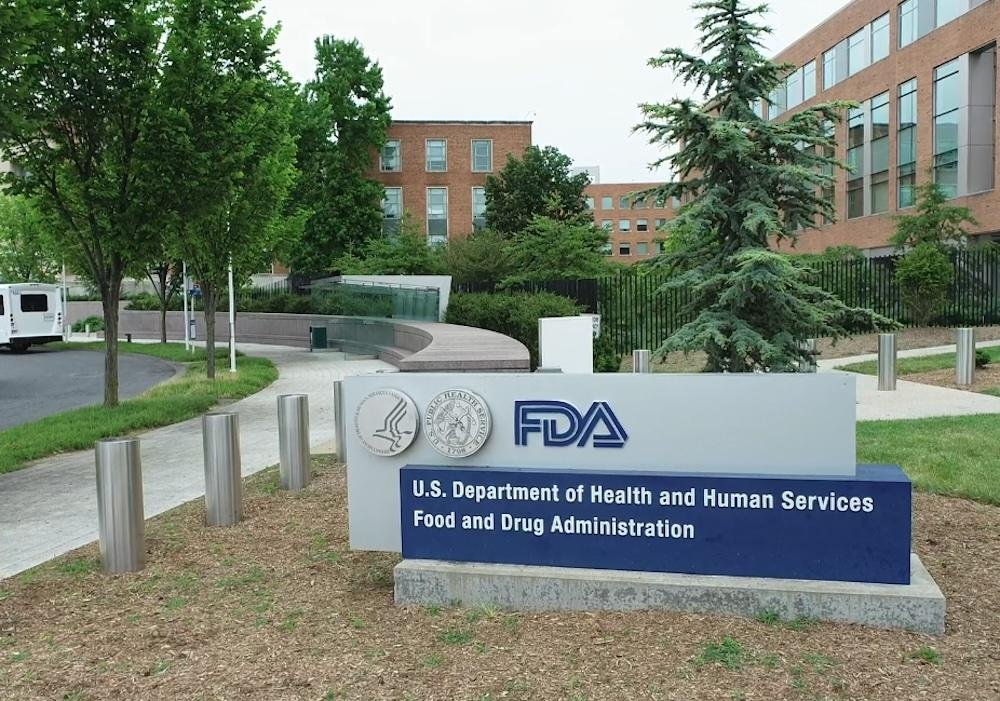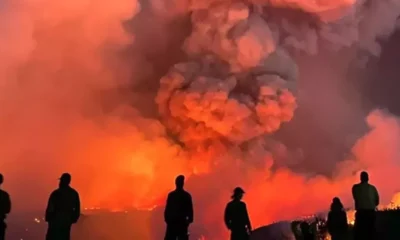crime
Arizona Set to Introduce MDMA Therapy for First Responders Battling PTSD Pending FDA Approval

Arizona’s first responders grappling with PTSD may soon have a new tool at their disposal. Pending Food and Drug Administration (FDA) approval, MDMA-assisted therapy could become part of the state’s workers’ compensation offerings for police and firefighters.
The FDA’s verdict on this therapy, which involves the psychedelic drug commonly known as ecstasy or molly, is expected next month. Despite an FDA advisory committee recommending against it on June 4, advocates like military veteran Jonathan Lubecky remain optimistic. “The question is, will it be August or will it be two to five years from now? It’s up to the FDA how many people die before it’s approved,” said Lubecky, who participated in an MDMA clinical trial a decade ago and now champions its wider adoption.
Governor Katie Hobbs recently signed legislation adding MDMA-assisted therapy to Arizona’s list of approved treatments for first responders with PTSD. According to the Drug Enforcement Administration, MDMA acts as both a stimulant and hallucinogenic and is employed in a therapeutic context alongside talk therapy.
Lykos Therapeutics, which submitted the new drug application for MDMA-assisted therapy to the FDA in December, cites increased self-awareness and ability to revisit distressing experiences as key benefits. Clinical trial results were promising: 71% of participants in the MDMA group no longer met PTSD criteria by the end of the second study, in contrast to 48% in the placebo group.
Stephanie Miller, a clinical therapist practicing in Arizona and Texas, uses MDMA and ketamine therapies for her patients. Ketamine, though legal for prescription, lacks FDA approval for treating psychological disorders. “When we have assisted therapies like ketamine and MDMA, it kind of cuts to the chase,” she explained.
Lubecky’s own experience underscores the potential impact of MDMA-assisted therapy. After enduring severe PTSD and multiple suicide attempts post-Iraq, he found significant relief through the treatment. “The Fourth of July before I did the therapy, I was in my closet, wearing my body armor, with my service dog, having flashbacks,” he recounted. Since then, he has had no PTSD recurrence, even while treating injured soldiers close to the Ukrainian front lines.
MDMA is not a standalone cure, cautions Lubecky: “If you’re not doing therapy, then you’re just doing drugs.” His sentiment is echoed by studies indicating high PTSD rates among first responders, with over 80% reporting traumatic events on the job, according to Nova Southeastern University.
Despite the availability of SSRIs like Zoloft and Paxil, which help regulate mood and anxiety, these medications don’t directly address the core fear responses associated with PTSD. The stigma surrounding PTSD further complicates treatment for many first responders. A University of Phoenix survey in 2019 revealed that 57% feared negative repercussions if they sought help.
The tragic case of Phoenix Police Officer Craig Tiger, who died by suicide following a traumatic incident, highlights the issue. The Officer Craig Tiger Act, passed in 2018, mandates counseling for peace officers and firefighters exposed to traumatic events, helping reduce the stigma in law enforcement and firefighting communities.
















